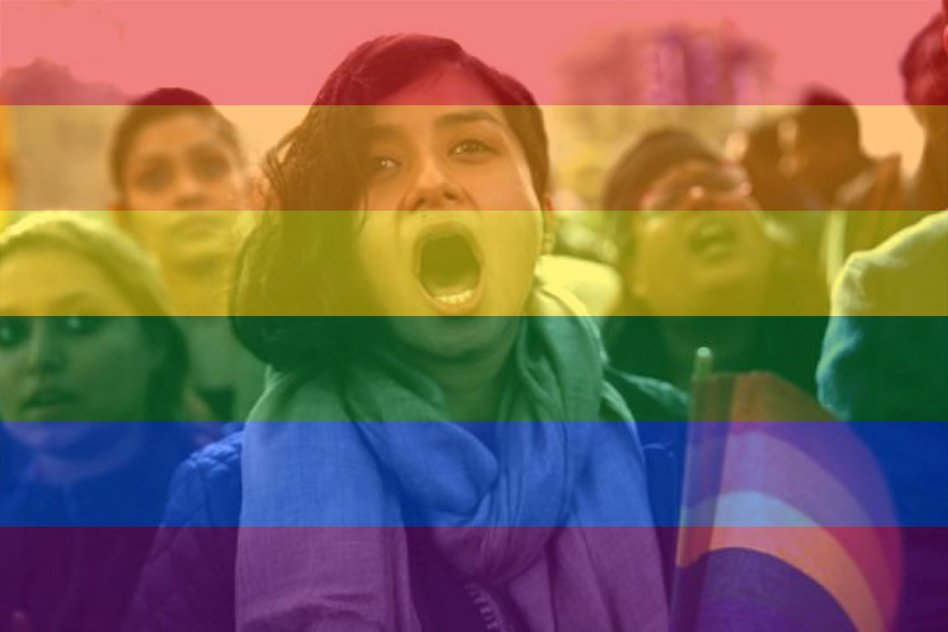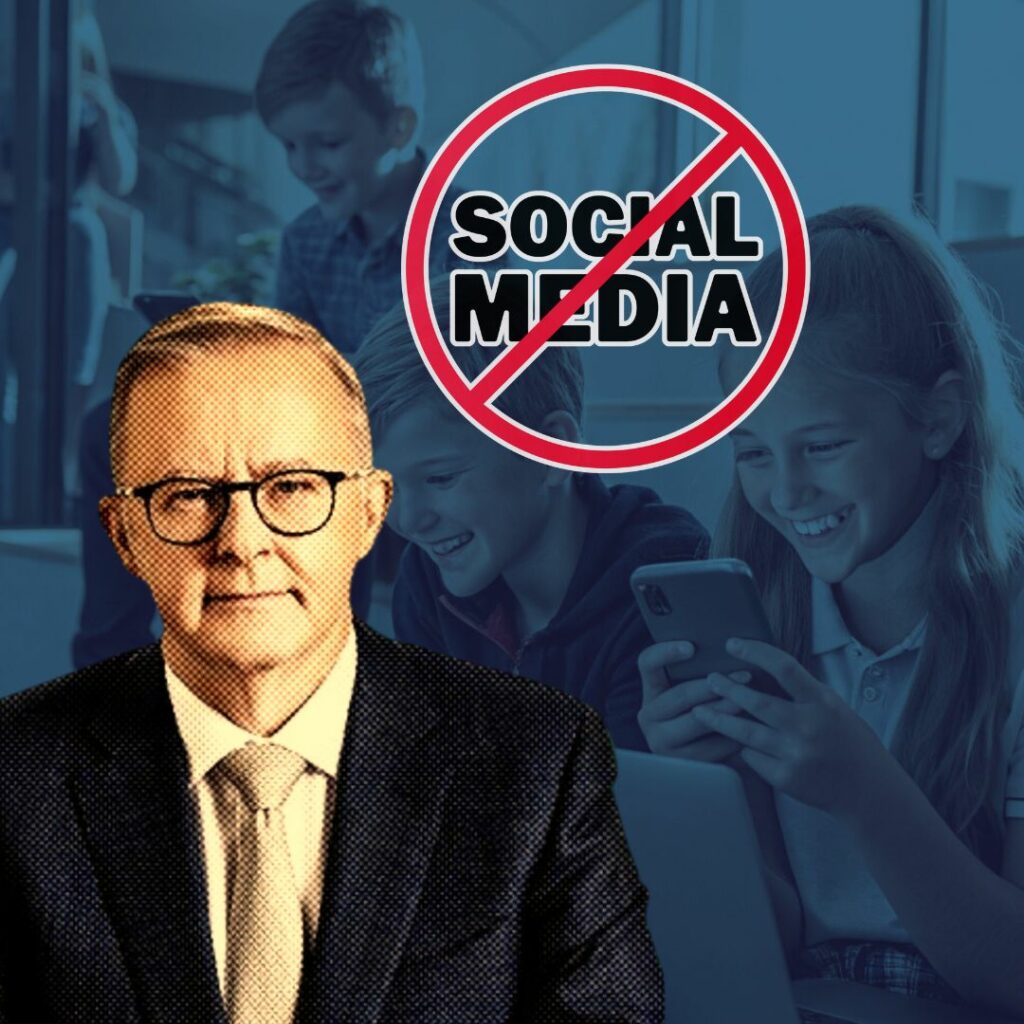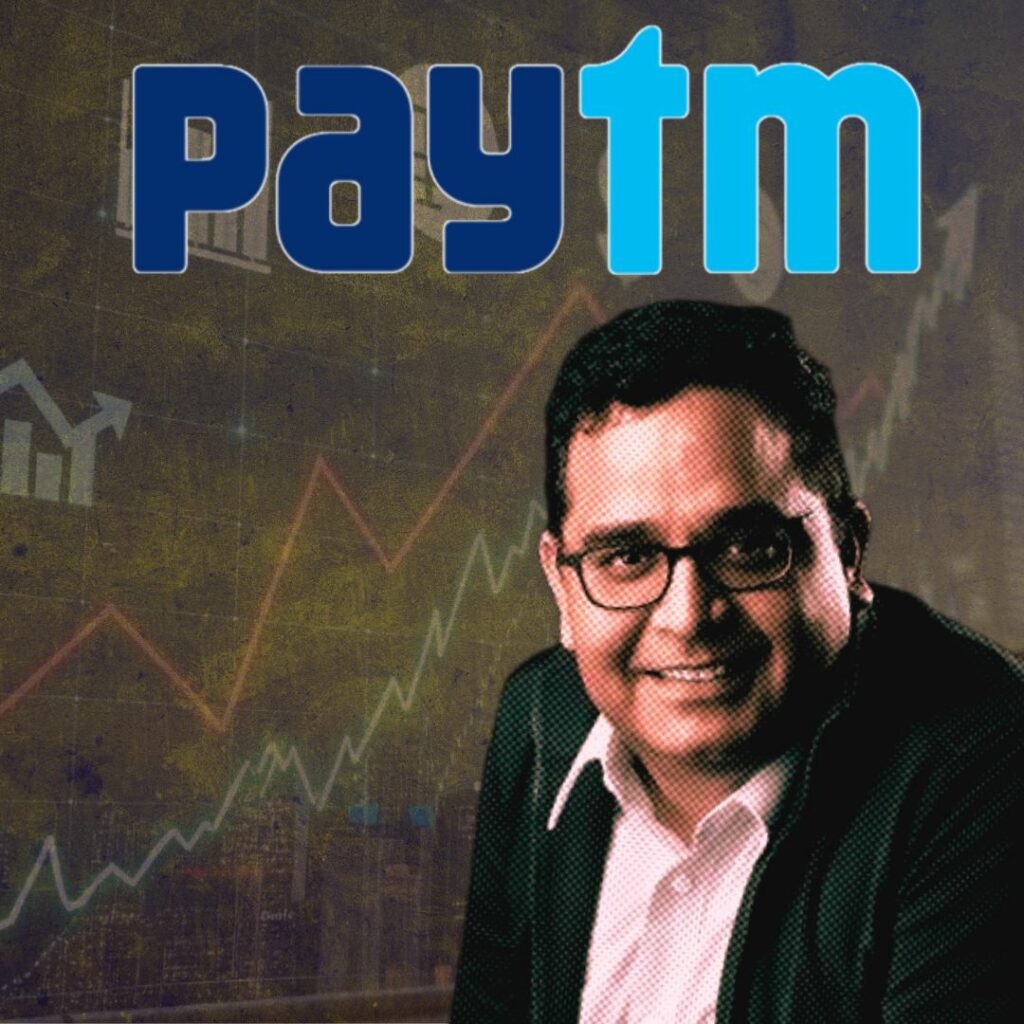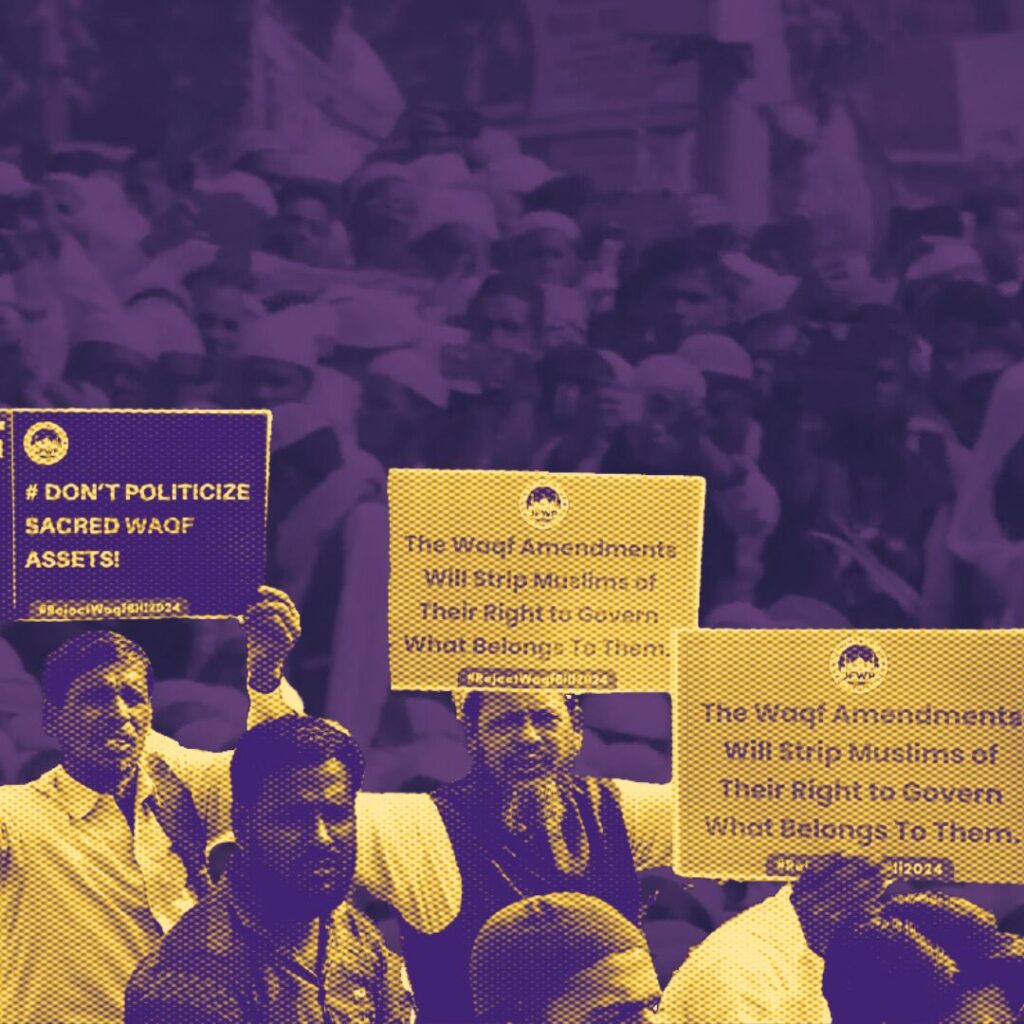Yesterday, the Supreme Court of the USA created history by making gay marriage legal across the US. Last month the Irish people created history by making Ireland the first country to legalize same-sex marriage through a national referendum. Both examples demonstrated the massive shift in public opinion on the matter of LGBT rights. Popular opinion of LGBT rights in developed countries has changed drastically from unfavourable numbers in the 1960s (when the modern gay rights movement began) to favourable numbers today.
But what about India? What do Indians have to say about LGBT rights? Is a referendum like the one in Ireland possible in India? In diverse, tradition-loving, culture-crazy India?
To say that Indians are homophobic or hostile to LGBT rights would be incorrect. The Rig Veda clearly states that “vikruti evam prakrati”, which translates to “what is unnatural is also natural”. Ancient Indian culture was one of the few in history that was open and accepting about different sexual orientations. Be it the paintings and sculptures of Khajuraho, the Kamasutra or certain Hindu myths, homosexuality was widely discussed by ancient Indians – and, to a large extent, accepted. This is the legacy of a society that celebrated debate and diversity, and was naturally more accepting of differences.
But at the same time, to assume that Indians are a liberal people who would overwhelmingly vote “Yes” in a gay rights referendum would be mistaken. Forms of homophobia are rampant in India.
But more than homophobic, India is homo-ignorant. The issue of LGBT rights in modern India is not yet a part of political rhetoric, and is only now evolving into a mainstream debate.
This is somewhat peculiar considering ancient India’s accommodation of eroticism. India’s exposure to Victorian morality under British rule induced a mass disapproval of alternate sexual orientations. Thus, for all practical purposes, homophobia was essentially a Western legacy in India.
After the Delhi High Court overturned Section 377 of the Indian Penal Code (that criminalized gay sex) public opinion about LGBT rights followed a positive trajectory. The report of a research team from Jindal Global Law School informed that “There is a growing societal acceptance for gay people. Many respondents (LGBT members) stated that the societal perception of homosexuals is changing and people were treating them with respect.” Young India has a lot to say on the issue, and surveys suggest that young Indians tend to view LGBT rights more favourably.
When the Supreme Court reinstated Section 377 in 2012 it precipitated nationwide protests. It became clear that the Indian people were viewing homosexuality in a more constructive light. Twitter and Facebook were flooded with pro-LGBT rights messages, and noteworthy personalities from various fields including Amartya Sen, Sri Sri Ravi Shankar and Aamir Khan condemned the move.
Is it safe to assume that India will accept the legalizing gay sex? Maybe. But to assume that India is gay marriage-friendly would be putting the cart well before the horse.
India still has a long way to go before marriage equality can be achieved, before gay marriage is made legal by parliamentarians or before an Irish-style referendum can be held in India. For that to happen Indians have to understand that gay rights are human rights, and that homosexuality is not a Western invention but a human reality.











